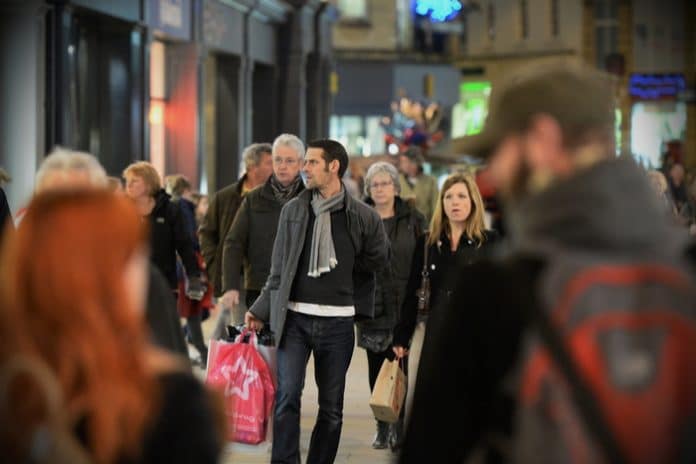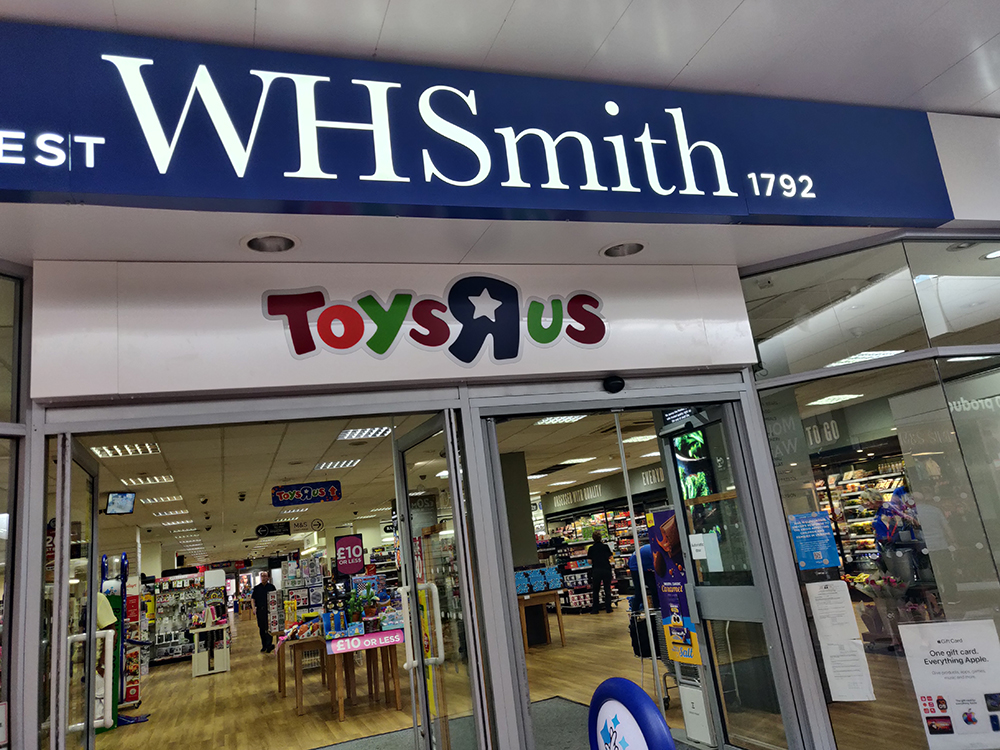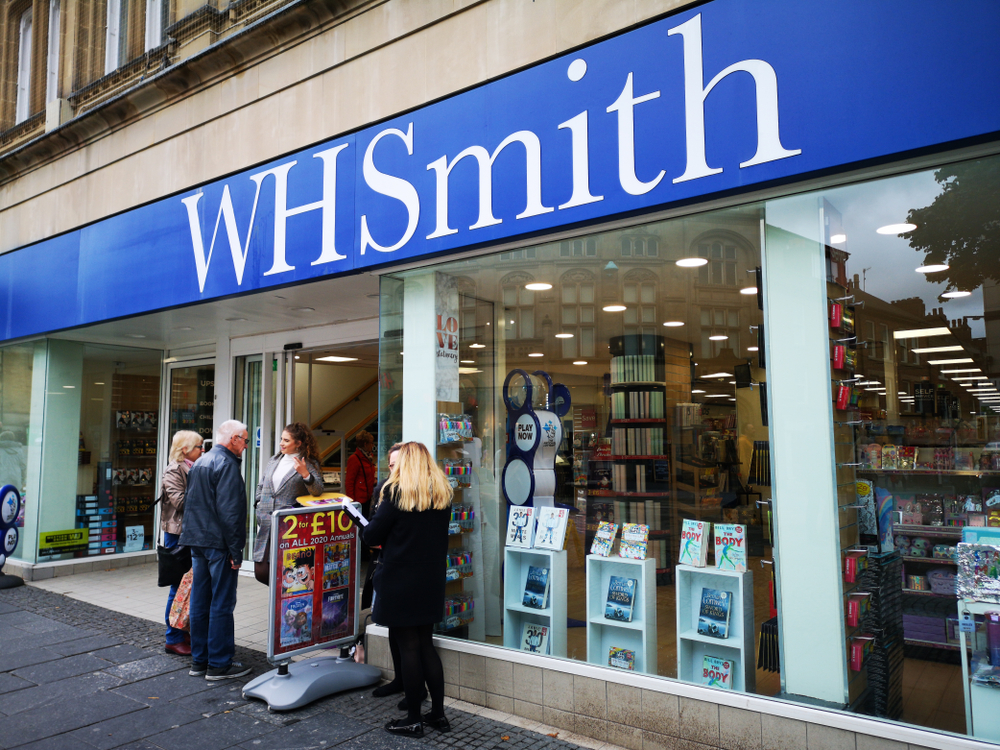Black Friday offers failed to spur a much-needed uplift on the high street last month as non-food sales dropped, new figures show.
The latest Retail Sales Monitor for November, compiled by the British Retail Consortium (BRC) and KPMG, showed in-store sales of non-food items dropped 3.7 per cent on a like-for-like basis in the three months to November and three per cent in total.
That decline ballooned to 2.2 per cent when accounting for the last 12 months, marking its steepest fall since records began in January 2012.
Despite the buying frenzy expected from Black Friday offers, BRC & KPMG found that online sales of non-food items also disappointed – spending was up 6.5 per cent but this was still below the three-month and 12-month averages of 7.3 per cent and eight per cent respectively.
READ MORE:
Looking at the retail industry as a whole, like-for-like sales rose by a meagre 0.6 per cent in November compared to the same period last year, or 1.5 per cent in total.
The BRC and KPMG attributed this growth largely to food sales, where the increasing price of essentials from inflation meant shoppers were forced to pay more.
“Black Friday, the big retail event of the month, failed to fundamentally shift underlying trends in spending,” BRC chief executive Helen Dickinson said.
“Food sales were responsible for pretty much all the growth this month as higher prices continue to absorb more of the weekly shopping budget.
“Non-food sales – the focus of Black Friday – fell, as the squeeze on household incomes continues to impact discretionary spend.”
Britons have been enduring the effects of the fall in the sterling since the Brexit vote, which has made imports more expensive and lifted shelf prices across the country.
The Consumer Price Index (CPI) measure of inflation, set by the Office for National Statistics, is currently sitting at five-year highs of three per cent.
This has helped raise food sales 2.8 per cent on a like-for like basis, and four per cent in total, pushing it above the 12-month average of 3.4 per cent.
Dickinson said shoppers only seemed to splash out on “generous promotions” but resisted other items in November – especially around Black Friday – adding that gaming and wearable tech were among the best performers.
However, toy sales fell “sharply” when compared to the strong figures from Black Friday 2016.
“This year’s Black Friday has demonstrated that in such a tough economic environment, consumers have become ever more careful, willing to wait and deploy their discretionary income only when they see an exceptional bargain,” Dickinson said.
“That heralds a challenging festive period ahead for retailers and shoppers alike.
“With current conditions likely to persist into next year, the government needs to do all it can to support the UK’s consumers, not least by securing a fair Brexit for them in the forthcoming trade negotiations.”
The BRC & KPMG’s sales index comes two weeks after the Confederation of British Industry’s quarterly survey found that 39 per cent of retailers said sales volumes were up year-on-year, compared to only 13 per cent saying they were down on last month.
The GfK’s long-running Consumer Confidence Index also showed that Black Friday weekend failed to increase confidence among shoppers, as November marked the 20th consecutive month of decline.
Click here to sign up to Retail Gazette’s free daily email newsletter

















